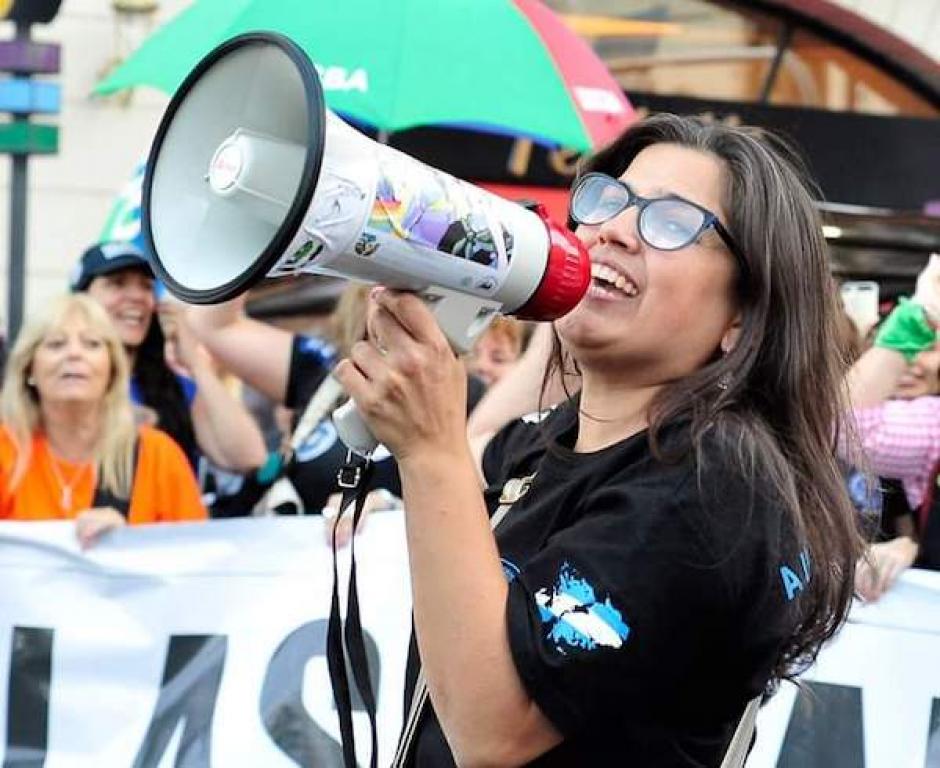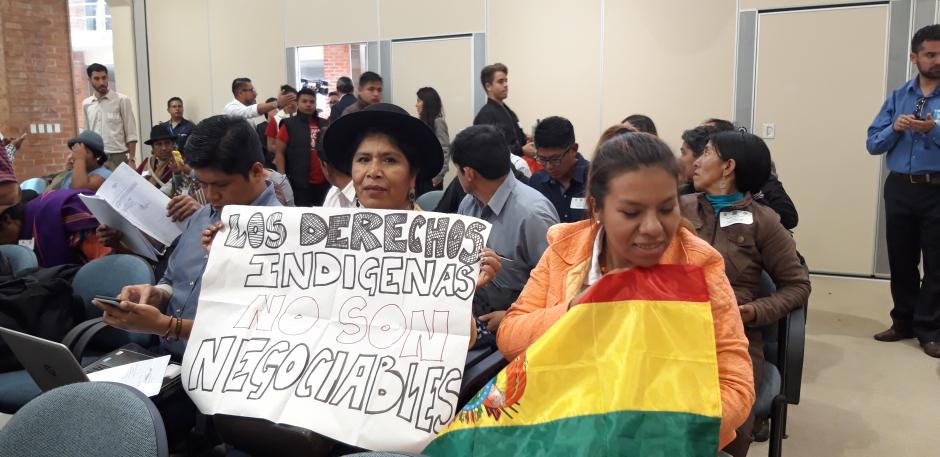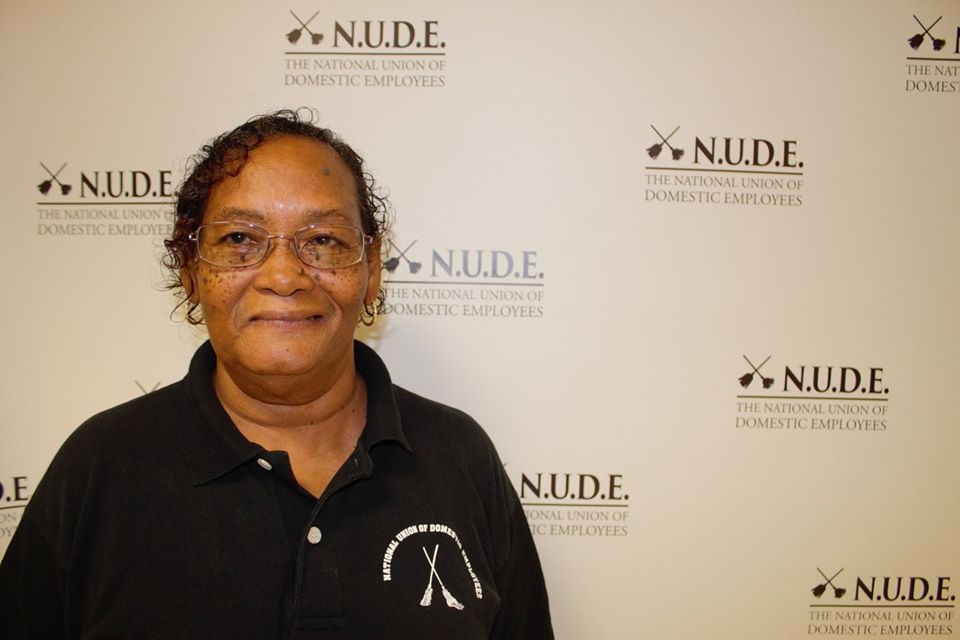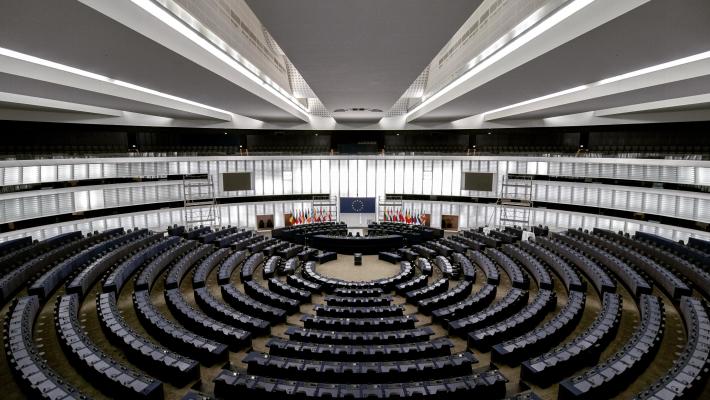Economic, social and cultural rights (ESCR) are particularly important for women because they directly address issues of poverty and inequality, which have a different and disproportionate impact on the lives of girls and women. When needs are transformed into rights, women are able to demand that these rights be respected, protected and fulfilled, and to hold governments accountable if they fail to do so. The international human rights framework also allows us to connect local or seemingly individual issues to systemic forces and the broader international community working to advance these rights around the world. Through parallel reporting, civil society can take an active role in holding States accountable to their legally mandated obligations, amplify the voices of groups whose rights are being violated and strengthen the visibility of issues that otherwise might not get adequate attention. Effective parallel reporting has a relevant potential as a tool for mobilization, to strengthen jurisprudence and to support ongoing advocacy. Through a common language grounded in human rights, this process also allows us to deepen solidarity and movement-building and increase the impact of our work.
Developed by members of the Women and ESCR Working Group (WESCR WG) and the Monitoring Working Group (MWG), this guide provides practical information and tools for using parallel reporting to advance women’s economic social and cultural rights and substantive equality. The guide also aims at strengthening an intersectional analysis and approach in parallel reporting around women’s ESCR. In line with ESCR-Net’s objective to operationalize intersectionality in practice, the guide is the result of a collective effort of our members to raise the attention of United Nations treaty bodies towards issues of substantive equality, including the impact that violations of economic, social and cultural rights have on women.






